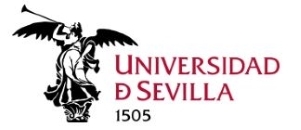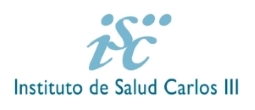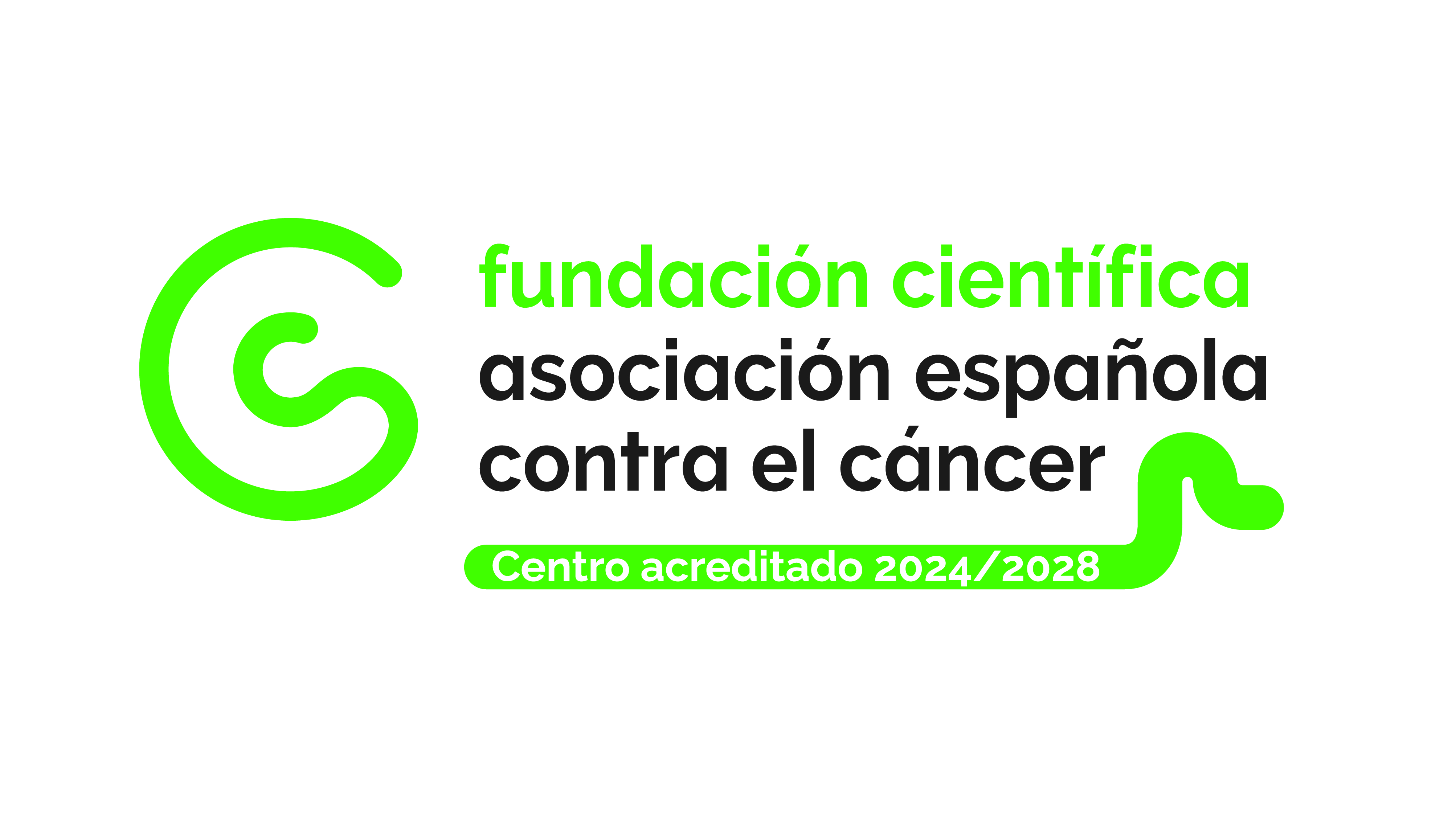- Two research groups from the Institute of Biomedicine of Seville (IBiS) and the Virgen del Rocío Hospital (HUVR) have solidified the recommendation of revaccinating patients with cirrhosis against hepatitis B.
- The trial was conducted at HUVR, coordinated by the Digestive System and Preventive Medicine departments, with the collaboration of Hospital Pharmacy and Microbiology (Serology Section), over a period of 5 years.
Sevilla, May 31st, 2023
Researchers from IBiS/ HUVR have solidified the recommendation to revaccinate patients with cirrhosis against hepatitis B, demonstrating that an intensive schedule is notably superior to the classical schedule. The trial was coordinated by the Digestive System and Preventive Medicine departments, with the collaboration of Hospital Pharmacy and Microbiology (Serology Section) at HUVR. The results were published in 2023 in the prestigious journal Gut. The development of the trial was made possible by funding obtained from the Spanish Government Ministry of Health and Social Politics in 2011, through the Carlos III Health Institute (EC11-452).
Image 1: IBiS and HUVR Groups Involved in the Study and Publication. From left to right: José Manuel Sousa Martín, Trinidad Desongles Corrales, Ricardo Ruiz Pérez, Elisa del Pilar Rodríguez Seguel, Ma Teresa Ferrer Ríos, Juan Manuel Pascasio Acevedo, Álvaro Giráldez Gallego, Áurea Morillo García, Raquel Valencia Martín, Celia Salamanca Rivera
A clinical trial to revise the revaccination schedule
"Despite the available scientific evidence, the compliance with the classical recommendation to vaccinate patients with cirrhosis against hepatitis B has historically been very poor," explains” doctor Álvaro Giráldez Gallego, one of the lead authors of the study and a researcher in the IBiS "Liver Diseases" group. "The immunosuppression associated with the disease itself led to a very poor response, and the absence of response after the first vaccination cycle was usually the standard," adds doctora Elisa Rodríguez Seguel, co-author of the study and a researcher in the IBiS "Hepatic Pathophysiology" group. According to the researchers, standard protocols had so far failed to achieve an adequate immune response after the initial vaccination cycle, mainly due to the impact of the severity of the liver disease on the antibody titers. These poor results had led to widespread disillusionment among hepatologists regarding the importance of vaccination against the hepatitis B virus in patients with cirrhosis.
The publication of this work represents recognition for a herculean and collective effort developed over decades. Dr. Juan Manuel Pascasio Acevedo, the historic leader of the IBiS “Liver Diseases” group, already noted in 2008 the low adherence to vaccination protocols in liver transplant candidates. In 2012, his group was able to demonstrate that the vaccine response depended on the presence of relatively intact liver function. The hopeful idea of improving the response with the repetition of a "second intensified complete schedule" was not realized until the development of the clinical trial, designed and carried out over a five-year period.
In this trial, the situation of almost 400 cirrhotic patients was analyzed, of which 120 were randomized to receive a single booster dose in the sixth month, corresponding to the classical schedule, or to be treated with an additional round of three new doses administered at monthly intervals. The main result indicates a significantly higher probability of overall response for the experimental group, being about two and a half times higher. In patients with better liver function, the response to the new schedule was almost five times higher compared to the classical schedule.
These data reflect the higher efficacy (46.7%) of the experimental treatment compared to the classical one (which only reached a 25% response rate), thus reinforcing the need to revise the currently recommended vaccination schedules for cirrhotic patients. According to Dr. Álvaro Giráldez Gallego, these findings "fill the knowledge gap that existed on this issue in the medical literature, with the best available evidence derived from a randomized clinical trial." The authors of this study indicate that it could be helpful in redesigning a new vaccination schedule for patients with cirrhosis, with recommendations that would primarily benefit those individuals on the liver transplant waiting list. Additionally, this work aims to emphasize the importance of preventing infections in patients with cirrhosis, raising awareness about the need for the administration of safe and increasingly effective vaccines, particularly in the early stages of the disease.
Referencia del artículo:
DOI: https://doi.org/10.1136/gutjnl-2022-328222
--------------------------------------------------------------------------------------------------
About IBiS
The Institute of Biomedicine of Seville (IBiS) is a multidisciplinary center focused on (1) carrying out fundamental research on the causes and mechanisms of the most prevalent pathologies in the population and (2) the development of new methods to diagnose and to treat diseases.
El IBiS is made up of 42 consolidated groups and 42 affiliated groups led by researchers from the University of Seville, the Spanish National Research Council (CSIC) and the Virgen del Rocío and Virgen Macarena University Hospitals and Valme, organized around five thematic areas: Infectious Diseases and Immune System, Neurosciences, Onco-hematology and Genetics, Cardiovascular Pathology, Respiratory / Other Systemic Pathologies and Liver, Digestive and Inflammatory Diseases.
IBiS depends institutionally on the Department (Consejería) of Health and Consumption of the Junta de Andalucía; the Andalusian Health Service (SAS); the Department (Consejería) of University, Research and Innovation; the University of Seville and the Spanish National Research Council (CSIC). It is managed by the Public Foundation for the Management of Health Research in Seville (FISEVI).
More information:
Angeles Escudero
Unidad de comunicación| UCC+i
InstitutodeBiomedicinadeSevilla - IBiS
Campus Hospital Universitario Virgen del Rocío
Avda. Manuel Siurot s/n
41013 Sevilla
Tel 34-682730351
Email: comunicacion-ibis@us.es














